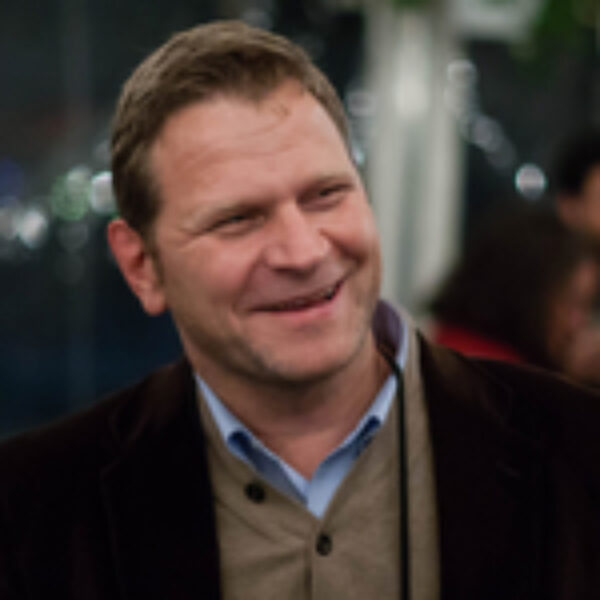Pema Chödrön on Quieting Our Racing Minds and Powering Down (Video)
“The best spiritual instruction is when you wake up in the morning and say, ‘I wonder what’s going to happen today.’ And then carry that kind of curiosity through your life.”
Pema Chödrön is one of a few people that I’ve been pitching to be on the show for years. I’ll admit, I’m a bit rough around the edges and am skeptical of language that veers towards an idealized portrait of humanity and peaceful longings. But then I picked up her book Practicing Peace in Times of War on a whim one day. It spoke to me, as it has so many people I’ve learned.
In this Bill Moyers’ interview from 2006, she makes a strong case for quieting our racing minds — and the value of powering down our electronic devices.
And, of course, she recommends meditation as a way of quieting and reopening the mind. The way she describes the process, though, makes one feel as if it’s a severe drug addiction — one I identify with all too well. When asked what happens spending a year in complete silence, she answers:
“The first thing that happens is you climb the walls. This is personal with me. It doesn’t happen anymore. But because the detox is so intense, I remember thinking like, someone coming to the door to just drop off a note or something. And I felt like I was in Kansas, and Oz was outside the door. You know, it’s like sensory deprivation. But, gradually, what begins to happen is that you sink so deeply into what life has been distracting you from. Because it’s a definition of no distractions. That’s the purpose of the retreat, no distractions. You quickly learn that distractions are not just phone calls and emails and outer phenomena. Our own mind, and our longings, and our cravings, and our fantasies and everything are also major distractions. And, as time goes on, and you’re feeding it less because no talking. You begin to sink deeper into the undistracted state. And then you begin to realize that life is always pulling you away from being fully present.”
Even though is life is constantly pulling us away from this state, she says — and this is what I so admire about her — she wouldn’t want to stay in this life of seclusion. Instead, she opts for a transitory life so that “she can be there for other people in increasingly difficult situations” and offer help others to be free of suffering, to assist them in doing something with that suffering. And that, I say, is a life worth living.


Share your reflection